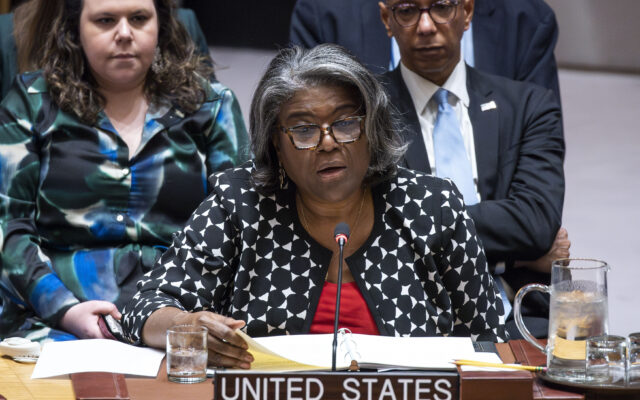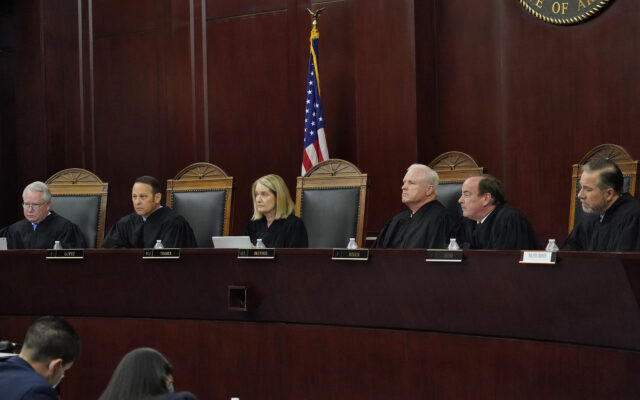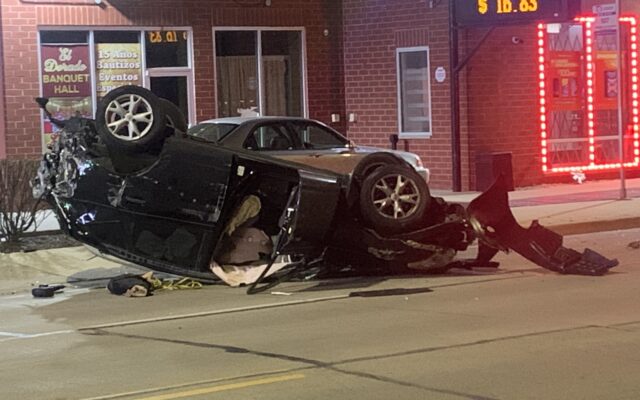Hospitals with fewer workers struggle with increased COVID hospitalizations

With hospitals around the state working with fewer employees but higher numbers of COVID-19 cases, some are limiting some elective procedures to ensure they have capacity.
Since tracking staffed hospital beds began nearly two years ago, the state saw a peak of COVID-19 hospitalizations on Nov. 20, 2020, with 6,175 beds taken by a COVID patient. A year and several waves later, 6,294 COVID patients are in hospital beds.
A review of the number of staffed hospital beds in the state in the past year showed a decline of nearly 900 beds.
On Sunday, there were a total of 31,476 staffed beds reported by the Illinois Department of Public Health. On Jan 2, 2021, there were 32,358 staffed beds. That’s a difference of 882 fewer staffed beds since last year.
“We’ve had the highest number of retirements when people leave their field in health care,” said Dr. Omar Lateef with Rush University Medical Center. “We’ve had a high amount of burnout.”
“With the increasing numbers coming at the same time we have a decreasing staff,” Lateef said. “So it takes longer for people to graduate and come into the field than it is for the rate of people retiring right now.”
Several hospital groups joined Gov. J.B. Pritzker on Monday to talk about decisions to postpone elective procedures. Pritzker Monday said a statewide order such as the one he issued in the spring of 2020 to halt elective procedures wasn’t necessary.
“Now what we’re doing is getting the hospitals to make the decisions themselves and they’re doing it,” Pritzker said.
The types of elective medical procedures that could be put off include procedures such as tonsillectomies, bariatric surgeries and hernia repair.
Pritzker, who this fall ordered health care providers to be vaccinated, said Monday that hospital staff members are still getting COVID-19. He said the state is working with hospital groups to get needed staff members positioned throughout the state where the need is the greatest.
“Some are getting sick … they’ve been exposed and having to stay out of work for ten days is just too long a period of time,” Pritzker said. “We need our staffing as best we can.”
Pritzker said Illinois will implement recent U.S. Centers for Disease Control and Prevention guidance to help alleviate those issues by decreasing the number of days an exposed person without symptoms should isolate.






